The City of Carpinteria is dedicated to reducing single-use plastics within the community and updated Chapter 8.50 of the Municipal Code, concerning the regulation of polystyrene and single-use plastic items. This update includes measures that prohibit the distribution and sale of polystyrene products, regulates disposable foodware, and regulates foil and latex balloons.
All measures under this new ordinance will be in effect starting February 22, 2024, with enforcement starting in July 2024, unless otherwise exempted. You can read the ordinance here.
Refuse Single-Use Carpinteria Guide (English / Español)
Foodware Purchasing Guide
Ordinance Update Flyer (English / Español)
Disposable Foodware Guide
Recycling Guidelines Flyer
Recycling Guidelines – Know Your Codes!
Best Management Practices Poster (18×24″)
Recycling Guidelines Webpage
If you would like these resources printed, please contact sustainability@carpinteriaca.gov

Polystyrene easily enters the environment as litter due to its lightweight and durable nature. Expanded polystyrene products (often incorrectly referred to as Styrofoam™) have a foam structure that easily break into small pieces, making them difficult and expensive to remove from the environment. Rigid polystyrene, often labeled with the recycling code PS or #6, is difficult to recycle, and most foodware items with this label are non-recyclable.
This section of the ordinance regulates the use, sale and distribution of polystyrene products. See below for what is allowed or not allowed within the City limits.
Allowed:
- Compostable or Recyclable:
-
- egg cartons
- packing materials
- produce and meat trays
- disposable foodware
-
- Fully encapsulated coolers
Not allowed:
- Polystyrene egg cartons
- Polystyrene packing materials
- Polystyrene produce and meat trays
- Polystyrene coolers
- Polystyrene disposable foodware
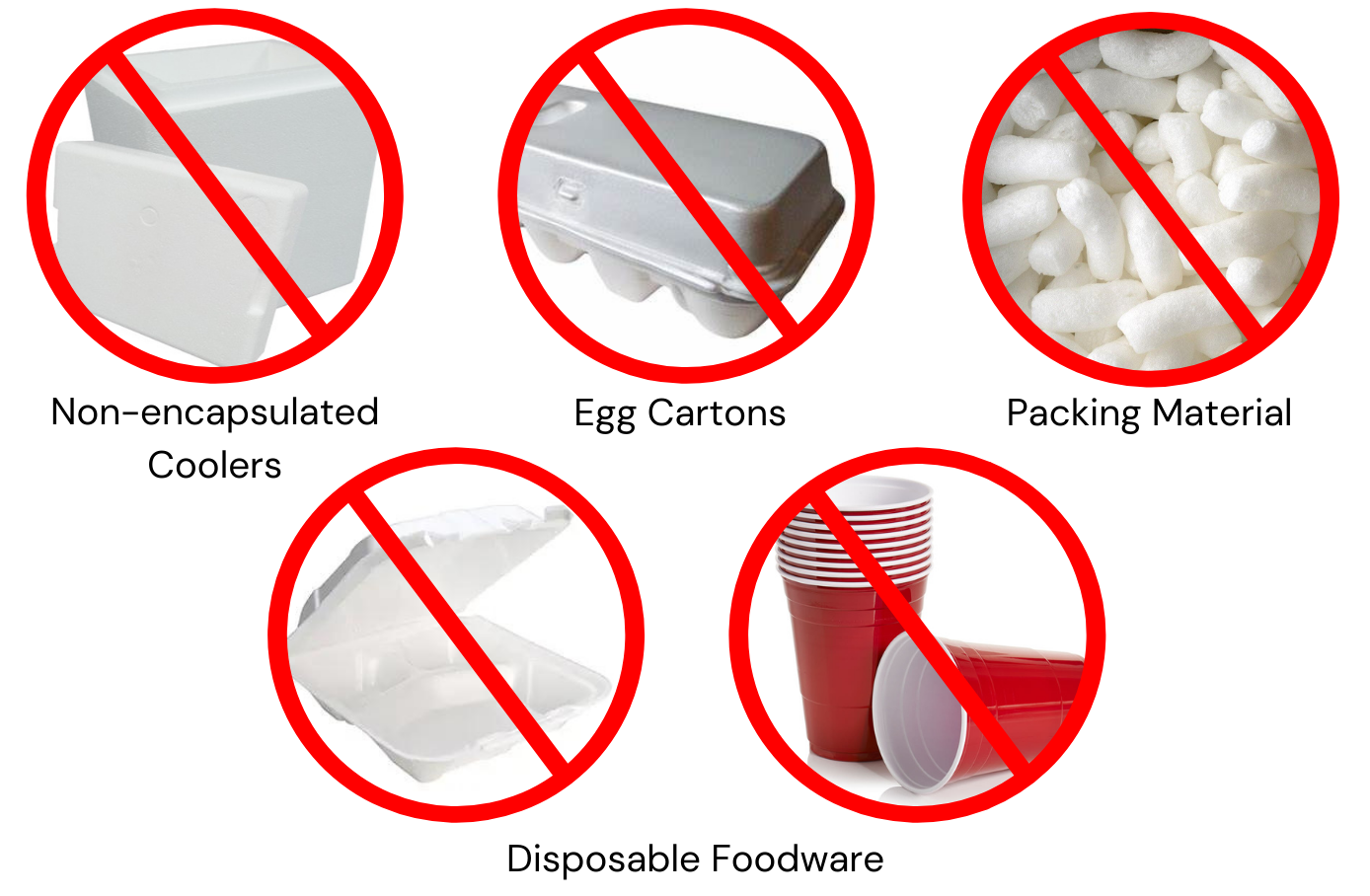

The City updated regulations to comply with state law, Assembly Bill 1276, to prohibit food providers from handing out foodware accessories and standard condiments when not requested by a customer. This bill also requires disposable foodware accessories to be unbundled so that customers are able to choose what they want. Disposable straws, stirrers, and utensils must be non-plastic and made to be compostable or recyclable from non-plastic materials, such as paper, pasta, sugar cane, or wood. Under the City’s new definitions for compostable or recyclable, bioplastics (PLA #7) for disposable foodware are no longer accepted, until the City can process those materials. Please see the guide for food providers or vendors under the Resource tab for examples of what is accepted under these new regulations.
In compliance with the Americans with Disabilities Act, food providers may retain and dispense plastic straws as an accommodation to people with disabilities who request them.
How can residents help comply with this ordinance?
The City wants to emphasize that using reusable products over disposable is always preferred. Reusable products come in all shapes and sizes, like bamboo, steel, glass, or even plastic. We urge residents to do research to find the right products that work best with your lifestyle. Once residents are equipped with reusable products, instead of using a disposable option that a food provider might hand you, you can refuse single-use and request for your food to be placed in your personal food or beverage container.
Why is plastic a problem?
-
All known sea turtle species and about half of all marine mammal species ingest or are entangled in plastic (Source)
-
Straws, utensils, and other foodware are in the top ten most commonly found pieces of trash during California Coastal Cleanup Day (Source)
- Plastic pollution ends up in human food as microplastics and within animals, toxic chemicals bioaccumulate, resulting in greater harm (Source)

The City of Carpinteria is dedicated to reducing single-use plastics and pollution. Under new regulations, the City has included prohibitions regarding foil and latex balloons. The City recognizes that balloons are symbols of celebration, but unfortunately, they pose dangers to both wildlife and community members. See below for the new regulations:
-
Prohibiting the sale and distribution of foil balloon
-
Restricting the use of foil balloons on public property
-
Restricting the use, distribution, or release of latex balloons filled with air or lighter than air gases
Why regulate balloons?
Foil or metallic balloons contributed over 800 power outages in 2022 tin Southern California. In the 1990s, the state of California banned the mass release of Mylar balloons. In addition to power outages, foil balloons can start wildfires or harm wildlife thinking the balloons are food. Similarly, during the time it takes for latex balloons to breakdown, marine animals often mistake the balloon for a food source, which is why latex balloons can not be released when filled with gases that cause them to float away.
What can you do?
Refuse single-use and choose reusable and sustainable options like pinwheels, kites, or flowers. If you do choose to celebrate or end up with balloons, remember to not let go! Properly dispose of balloons by cutting the string off, cutting the balloon and string up, and put it into a trash container).
KEEP CELEBRATING WITH:
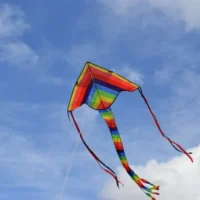
Kites
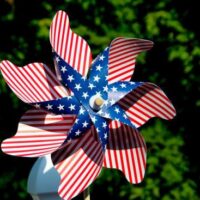
Pinwheels

Flowers
-
Are compostable products allowed? YES
Disposable foodware products should be compostable or recyclable under the City’s available collection program.
-
What about bio plastic? NO
Carpinteria’s current available collection program can not accept nor process bio-plastics, so at this time, they are not allowed.
-
Can I still buy latex balloons? YES
We encourage residents to use sustainable and reusable options for celebrating, like pinwheels, kites, or flowers, but you can still buy latex balloons if disposed of properly.
-
What is this going to cost businesses?
New regulation should not incur any additional costs to food providers. They should actually save money that was previously budgeted for disposable foodware items and condiments. According to Upstream, the American food service industry spends ~$24 billion on 9 trillion pieces of disposable foodware every year. By no longer automatically providing these items, restaurants should see a reduction in foodware costs.
-
Are self-serve stations still allowed? YES
Providing consumers access to disposal foodware and condiments is still allowed as long as the items are provided separately (i.e., no bundling).
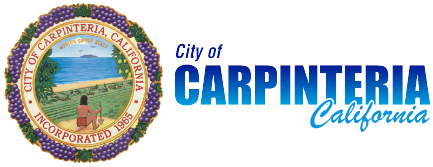
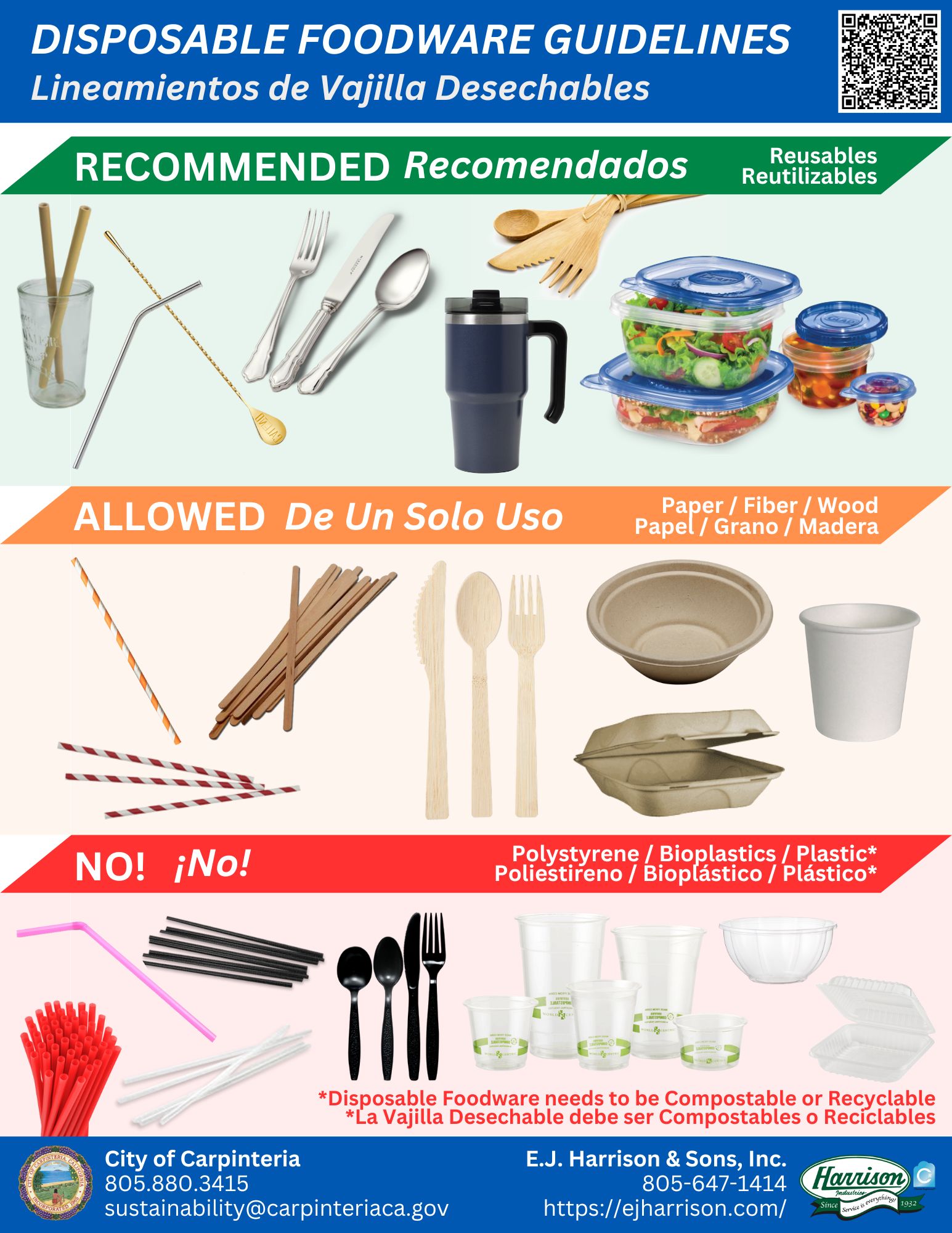
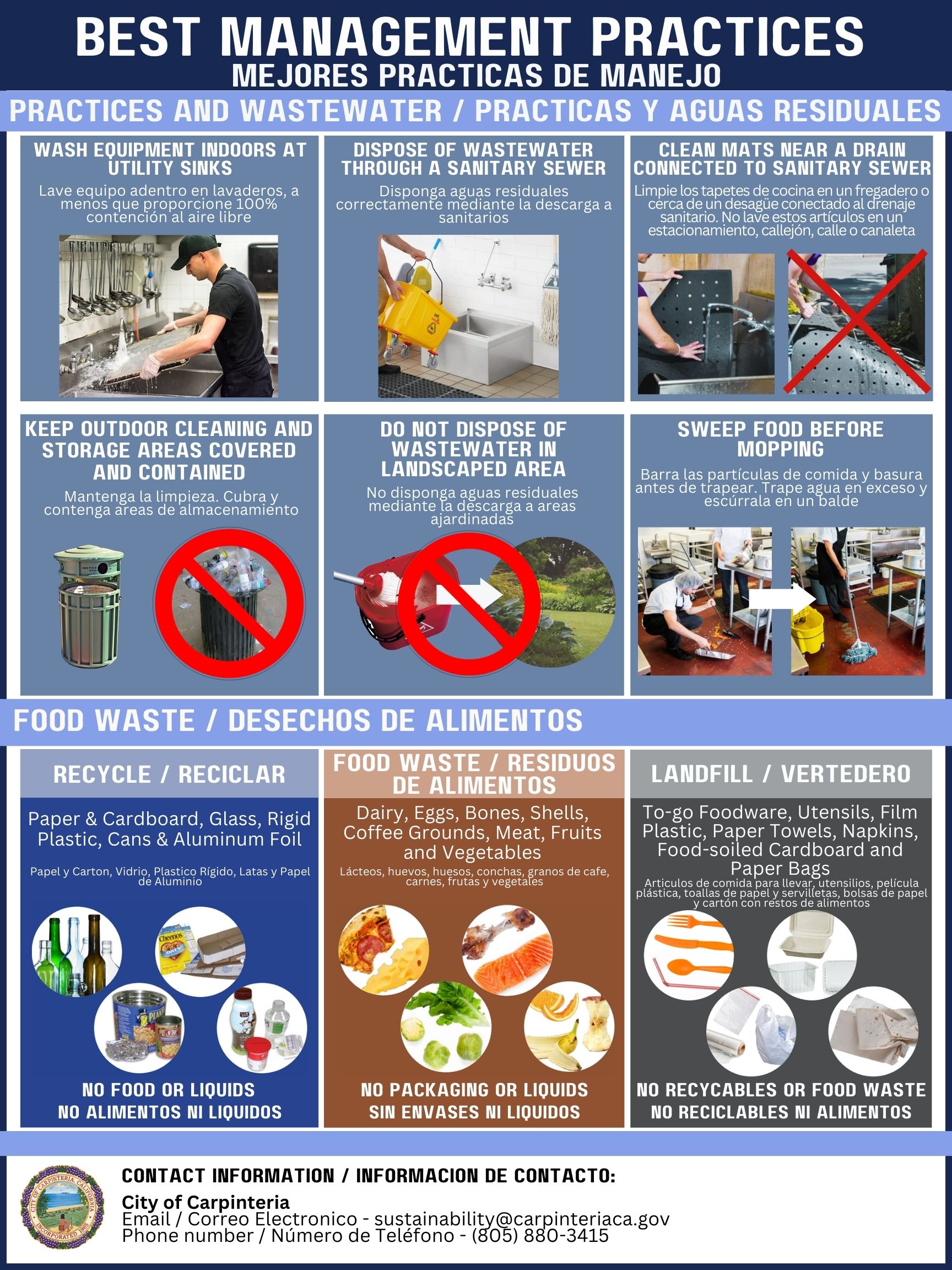
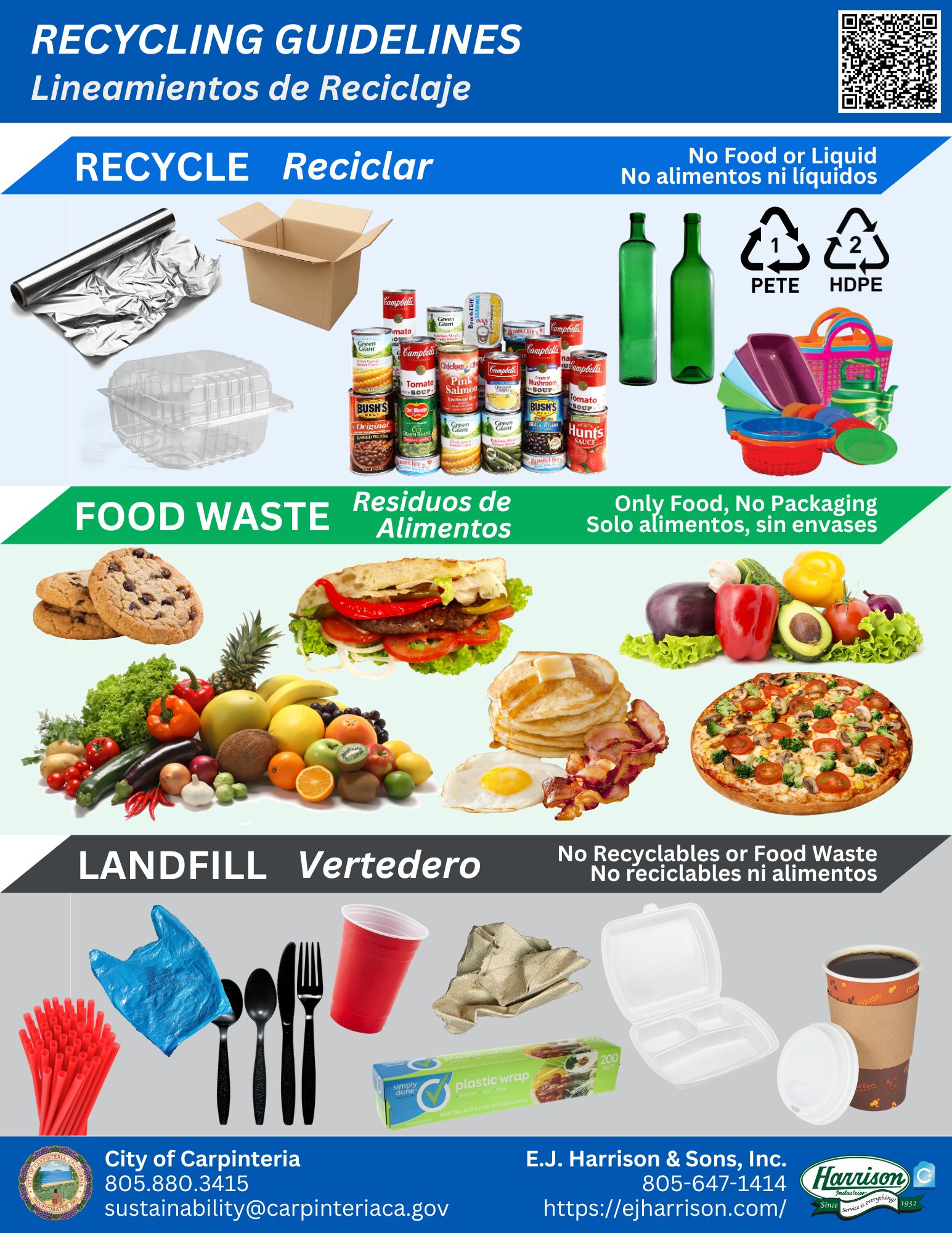
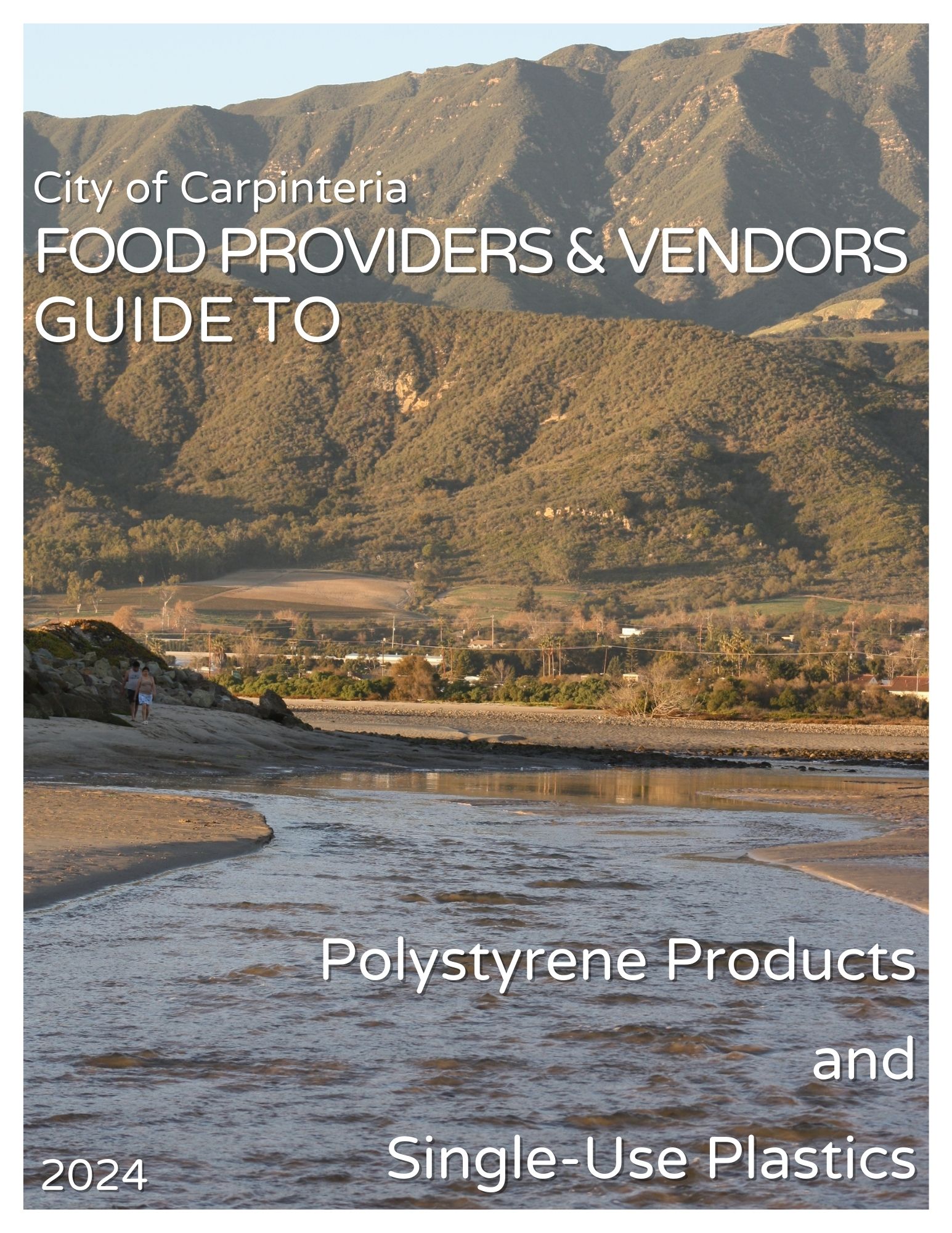
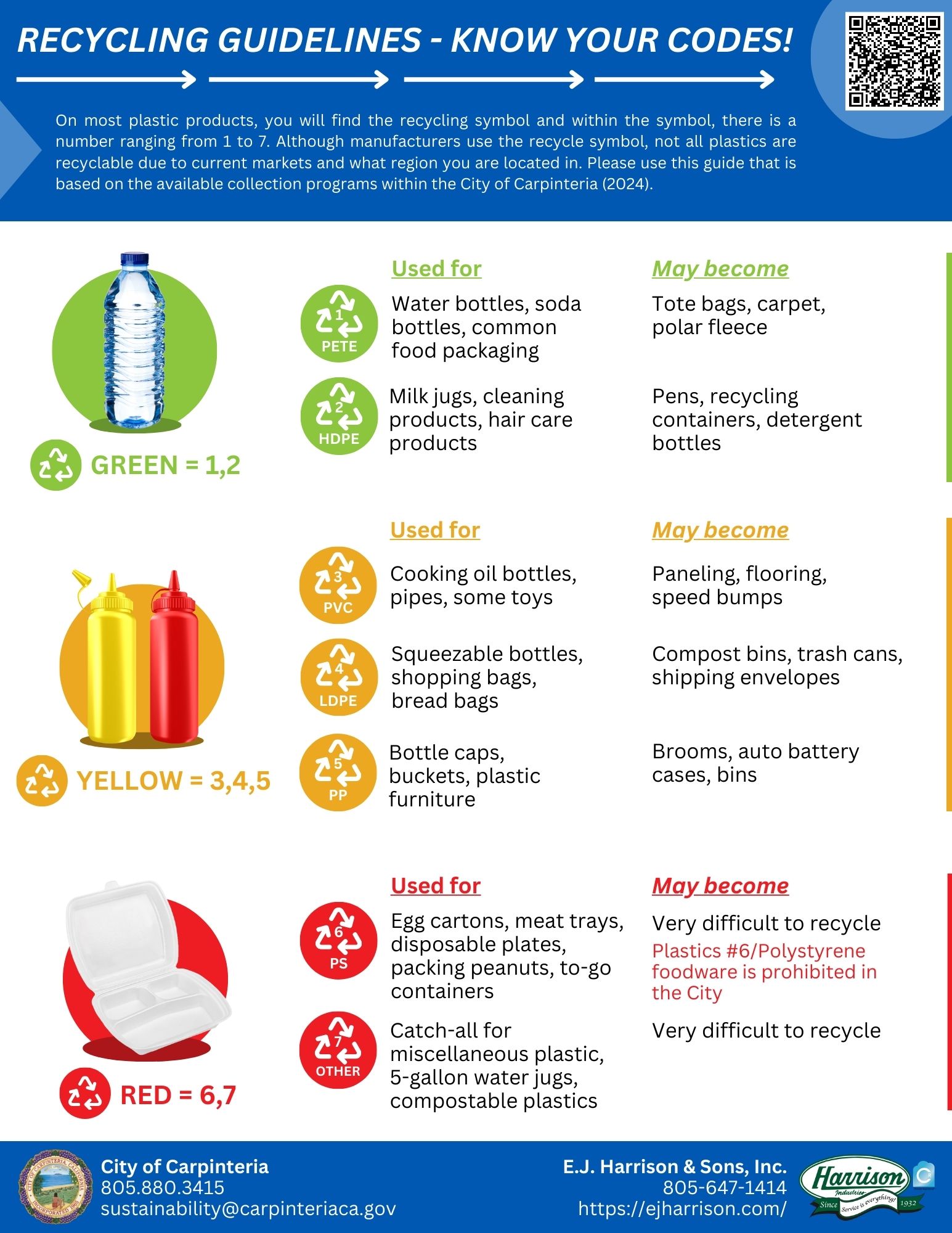
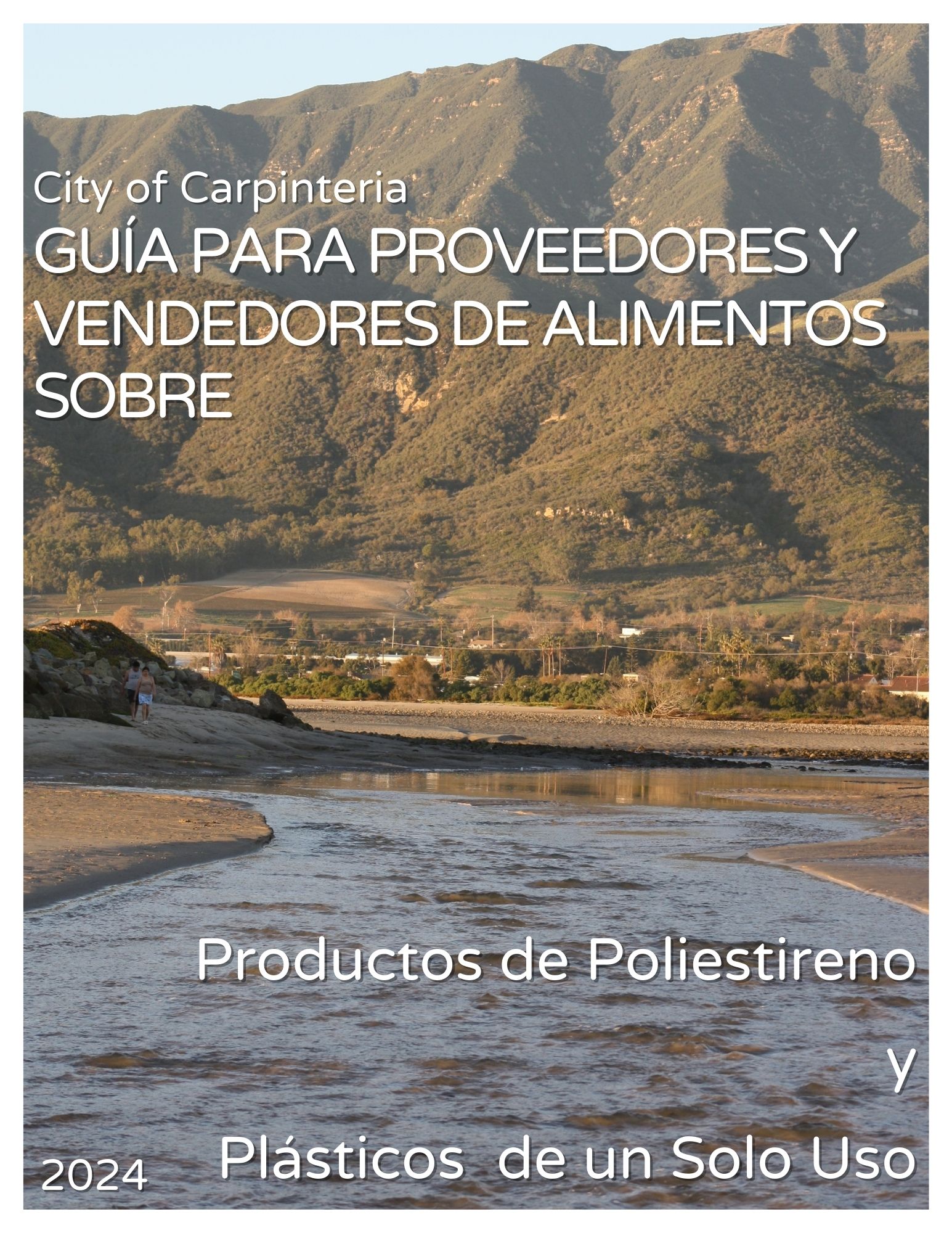
 © 2025 City of Carpinteria. All Rights Reserved.
© 2025 City of Carpinteria. All Rights Reserved.